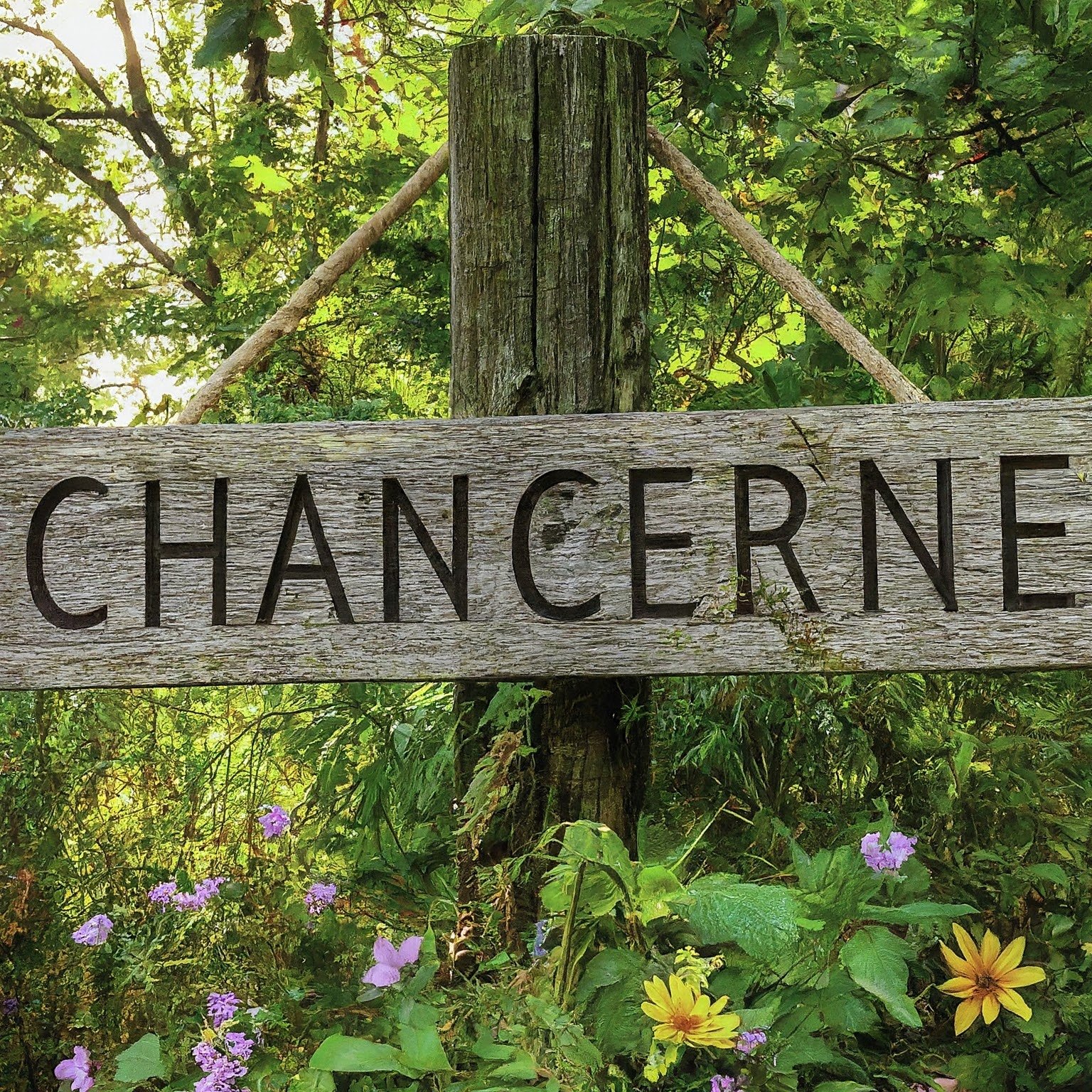
Lost in Translation: Decoding the Secrets of “Chancerne”
The Many Faces of “Chancerne”
While chancerne translates directly to “the chance” or “the chances” in Danish, Norwegian, and Swedish, it can have various interpretations depending on the context. Discover the different types of trade stock alerts available. Here are some possibilities:
1. Literal meaning:
- General chance or possibility: This is the most straightforward interpretation, referring to the likelihood of something happening. For example, “Han har en god chance til at vinde” means “He has a good chance of winning.”
- Specific opportunity: “Chancerne” can also refer to a specific opportunity or possibility available to someone. For example, “Hun fik chancen til at studere i udlandet” means “She got the chance to study abroad.”
2. Idiomatic expressions:
There are several idiomatic expressions in Danish, Norwegian, and Swedish that use “chancerne”:
- Gribe chancen: Seize the opportunity
- Chancen byder sig: An opportunity presents itself
- Glippe af chancen: Miss the opportunity
- Tage en chance: Take a chance
- Øge chancerne: Increase the chances
- Forbedre chancerne: Improve the chances
3. Literary or metaphorical interpretations:
- Fate or destiny: In some contexts, “chancerne” can symbolize fate or destiny, representing the forces that shape one’s life.
- Hope or possibility: “Chancerne” can also represent hope or the possibility of a better future.
4. Community-specific meaning:
“Chancerne” might have a specific meaning within a particular community or group. Knowing the context where you encountered this word could help understand its specific interpretation. Explore the benefits and risks of using day trading alerts.

The Origin of Chancerne”
“Chancerne” has an interesting origin that ties back to the Proto-Germanic language and some fascinating linguistic transformations:
Proto-Germanic:
- The word’s roots trace back to the Proto-Germanic term “*kanti-,” which meant “corner” or “edge.”
- This Proto-Germanic term itself likely originated from the Proto-Indo-European “*kant-,” meaning “border” or “limit.”
Evolution in Germanic languages:
- In Old Norse, “*kanti-” evolved into “*kantR,” still retaining the meaning of “corner.”
- “*kantR” then developed into various forms across different Germanic languages:
- Danish: “Kant” (corner) and “chance” (opportunity)
- Norwegian: “Kant” (corner) and “sjanse” (chance)
- Swedish: “Kant” (corner) and “chans” (chance)
- Interestingly, the meaning of “chance” or “opportunity” emerged specifically in Danish and Swedish, potentially influenced by other languages like French (“chance”) or Latin (“cadere,” meaning “to fall”).
Modern Danish, Norwegian, and Swedish:
- In modern Danish, Norwegian, and Swedish, “chancerne” (definite form) and “chans” (indefinite form) refer to “the chance” or “the chances.”
“Chancerne” carries a complex history, traveling from ancient roots signifying borders or edges to its modern meaning of chance or opportunity. This evolution reflects the fascinating interplay of language and cultural influences over time.
I hope this explanation sheds light on the origin of this interesting word! Unlock the power of chancerne with Beitragpost.
Its Usage Today
“Chancerne” is primarily used by speakers of Danish, Norwegian, and Swedish. However, due to the internet’s reach and potential transliterations, it’s possible for individuals outside these language groups to encounter it. Here’s a breakdown of potential users:
Native speakers:
- Denmark, Norway, and Sweden: “Chancerne” is commonly used in everyday speech and writing across these countries.
- Other Scandinavian countries: While it might not be the native term in other Scandinavian languages like Icelandic or Finnish, individuals familiar with Danish, Norwegian, or Swedish might still understand it.
Non-native speakers:
- Linguists and language enthusiasts: People studying these languages might encounter “chancerne” as part of their vocabulary acquisition.
- People with Scandinavian heritage: Individuals with family or personal connections to these countries might be familiar with the word.
- Online communities: The word could be used in online communities with a mix of languages, especially those discussing Scandinavian culture or specific topics where the term is relevant.
However, it’s important to note that:
- The frequency of its usage by non-native speakers would likely be much lower than by native speakers.
- Without additional context, it’s difficult to pinpoint the specific reason someone might be using “chancerne.” Mzeeki discusses how this word has turned into an enigmatic and beautiful gem.
The Cultural and Linguistic Significance of “Chancerne”
While the word (the chance/s) itself isn’t necessarily a unique or complex word in Danish, Norwegian, and Swedish, its role and significance can be viewed from different perspectives:
Frequency of Use: “Chancerne” is definitely a common word used in everyday speech and writing across these countries. It’s a basic vocabulary term expressing opportunity, possibility, or likelihood. So, in terms of everyday communication, it holds importance for practical usage.
Cultural Significance: It doesn’t carry any specific cultural weight or symbolism beyond its literal meaning. Unlike some words carrying historical or philosophical connotations, “chancerne” primarily serves its linguistic function without deeper cultural significance.
Linguistic Importance: “Chancerne” is interesting from a linguistic perspective, showcasing the evolution of words and their meanings. Its connection to Proto-Germanic roots and its specific development in Danish and Swedish compared to other Germanic languages hold certain value for linguists and language enthusiasts.
“Chancerne” might not be a word with profound cultural significance, but it’s an important part of the language for its frequent use in everyday communication. Its linguistic history and development might hold interest for those studying languages.
Remember, the importance of a word can be subjective and depend on various factors like personal experiences, cultural contexts, and individual perspectives. Capture the enchantment of golden opportunities with Techmelife.